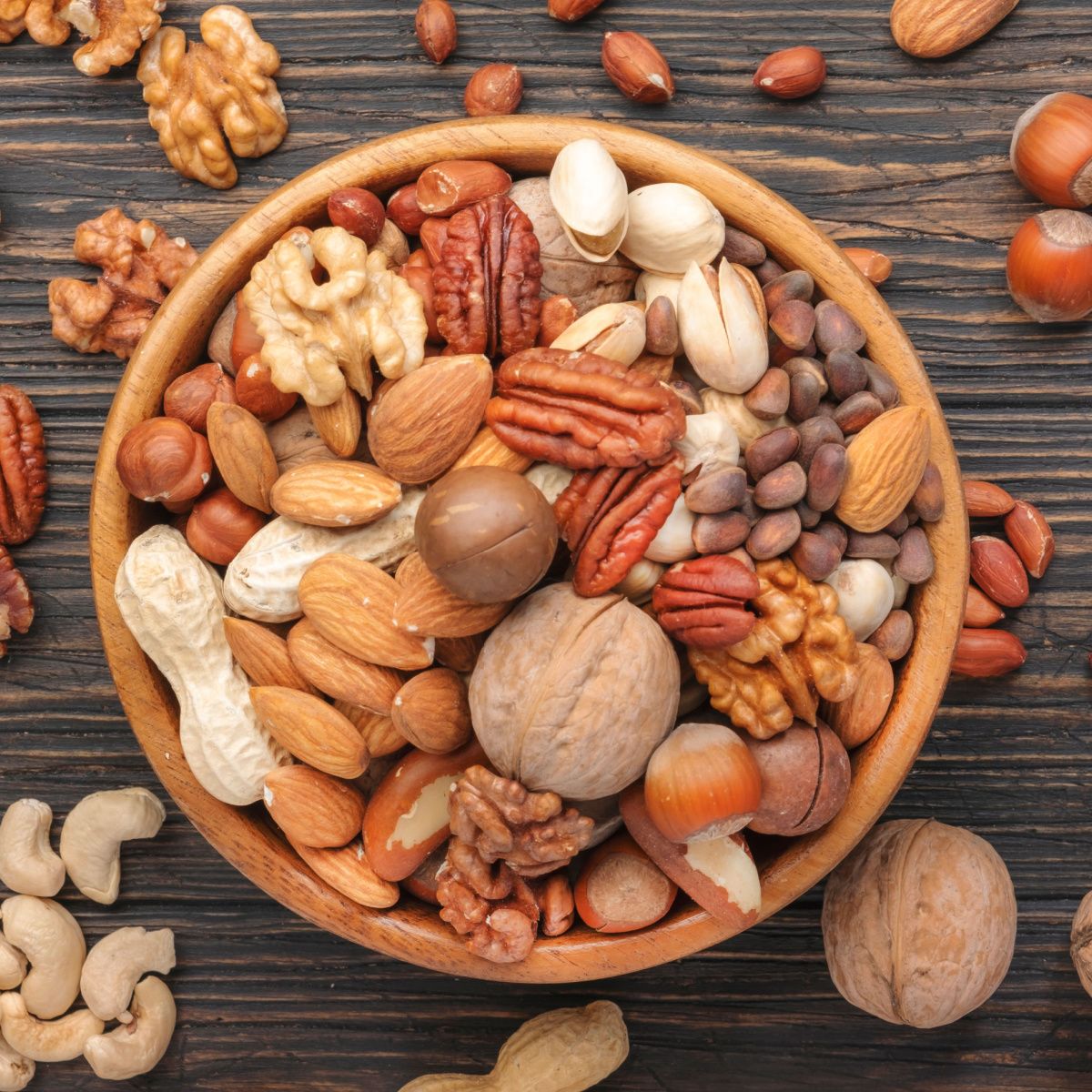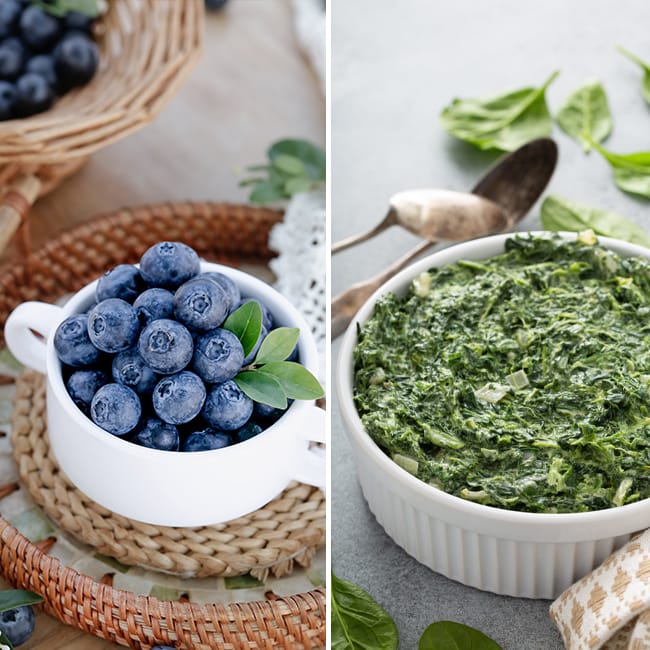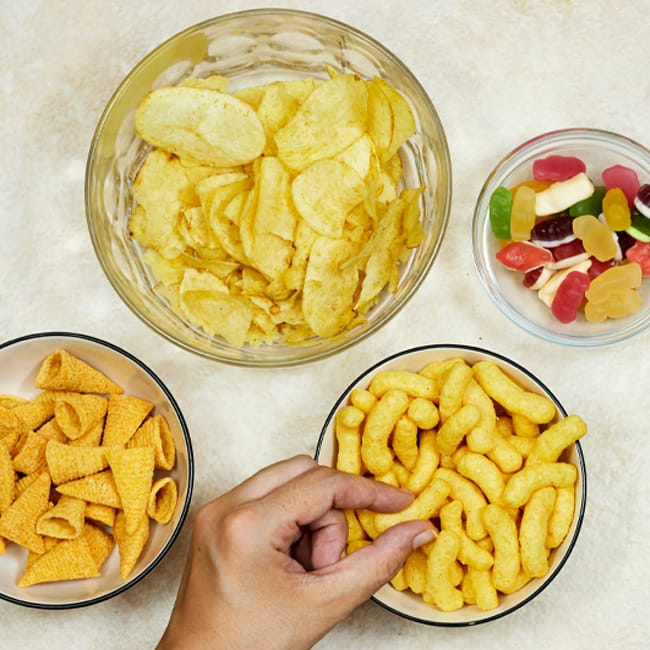When pursuing a healthier lifestyle, maintaining optimal blood pressure is a vital component for overall well-being. As we navigate through a sea of snack options, it becomes increasingly important to identify those that not only satiate our taste buds but also contribute positively to our cardiovascular health. While some snacks might tempt us with their indulgent flavors and convenience, they often come laden with unhealthy additives and excessive sugars, negatively affecting our blood pressure and posing risks to our cardiovascular system.
We spoke with Dr. Ingo Schmitz-Urban, MD and expert in nutrition, sports and functional medicine, and pharmacist and health blogger Mahmoud Abdelaziz, to find out the number one snack that medical professionals recommend for lowering blood pressure, shedding light on its nutritional benefits and its significant impact on our well-being. They revealed that nuts are your best option in this case. Read on to learn more!


Nuts
The world of nuts offers an enchanting assortment of flavors and textures—cashews, hazelnuts, pecans, Brazil nuts, and many more, each contributing its unique nutritional benefits to the table. Nuts, with their diverse flavors, textures, and nutritional profiles, have captured the attention of food enthusiasts and health-conscious individuals alike. They contain omega-3 fatty acids, protein, potassium, and boost brain health. It's a go-to snack option for many since they are easy to carry and eat while on the go.
Urban states, "Almonds are a remarkable snack for managing blood sugar due to their low glycemic index, high fiber content, and healthy fats. The combination of these factors contributes to a gradual rise in blood sugar levels, preventing sharp spikes."
Additionally, their potent blend of fiber and antioxidants makes them allies in combating inflammation and supporting overall well-being.
Abdelaziz discusses how their low carb concentration is also a main factor in keeping our blood sugar in check. "Almonds have a low carbohydrate content, and the carbohydrates they do contain are slowly absorbed, leading to a gradual rise in blood sugar levels compared to high-carb snacks," he notes.

How To Incorporate Nuts Into A Balanced Diet
Incorporating nuts and seeds into your daily diet can be achieved through various methods, Urban recommends to "sprinkle them over salads, blend them into smoothies, or enjoy a handful as a quick and satisfying snack between meals. Remember to keep portion sizes in mind, as even though almonds are nutritious, they are calorie-dense."
Due to their fat content, it's important to not indulge in them too much since they can come with a high number of calories despite being considered healthy. It's essential to keep in mind that, although nuts and seeds are beneficial for blood sugar control, moderation is crucial, especially if you're being mindful of your calorie intake. A recommended serving size of about 1 ounce, equivalent to a small handful, is generally sufficient to reap their health benefits.


























